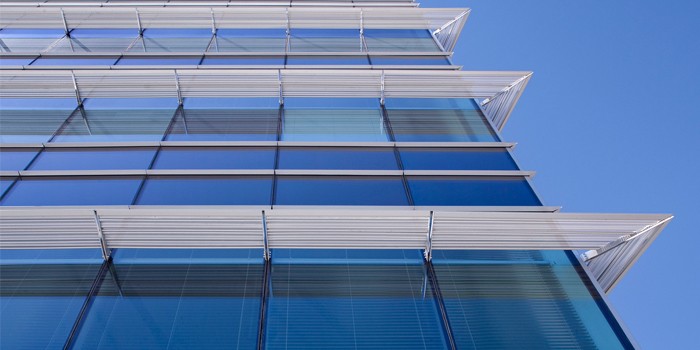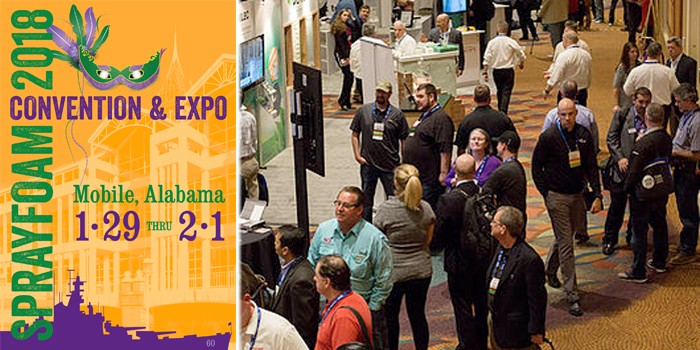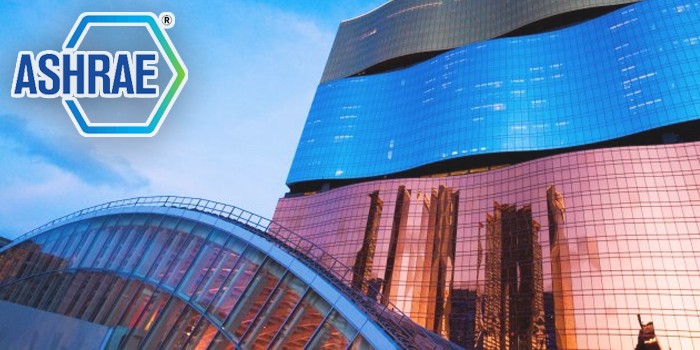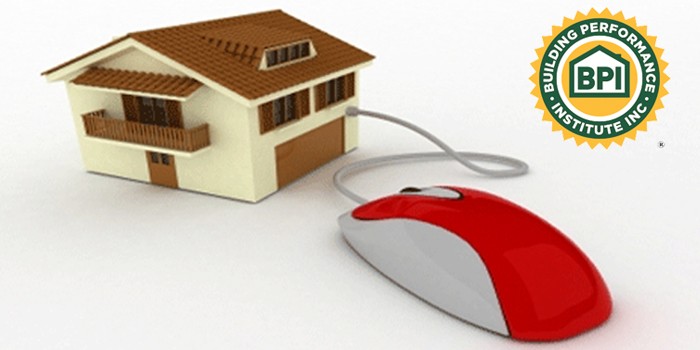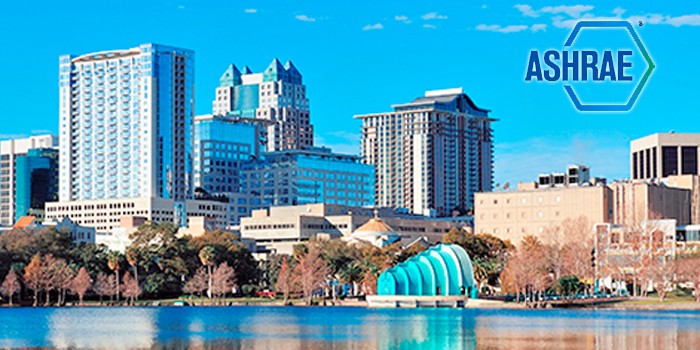
Balancing Energy, Comfort in Homes: Residential Systems Addressed at ASHRAE Winter Conference
ATLANTA, GA – January 11, 2015 – Over the last 15 years single family homes have been built tighter, making them much more energy efficient and comfortable compared to drafty houses of the past. But there’s a tradeoff.
"While the energy benefits are great, air tight homes demand thoughtful HVAC&R design for ventilation and building pressure management," Lew Harriman said. "The big issues involve adequate outdoor air for kitchen and bathroom exhausts and combustion appliances, plus the continuous ventilation now required by ASHRAE’s residential indoor air quality standard, 62.2."
Air tightness is indirectly connected to indoor air quality (IAQ) because IAQ is connected to total ventilation, and leaky buildings can contribute to total ventilation. But it is much more energy efficient to provide ventilation mechanically vs. through air leakage, Harriman notes.
Harriman is chairing a session that addresses residential building applications at the ASHRAE 2016 Winter Conference, which takes place Jan. 23-27, Orlando, Fla. The ASHRAE co-sponsored AHR Expo is being held Jan. 25-27, next door at the Orange County Convention Center. To register for the ASHRAE Conference, which includes free access to the Expo, visit www.ashrae.org/orlando.
RELATED New Study Suggests Strong Outlook for Green Homes, Sprayfoam 2016 Announces Keynote Speaker Richard Rawlings, Spray Foam Manufacturer Demilec Awarded for Innovation in Plastics Recycling
The Technical Program features eight tracks, some 100 sessions and more than 300 speakers. It runs Sunday, Jan. 24, through Wednesday, Jan. 27, and offers over 200 Professional Development Hours, as well as Continuing Education Units, which can be applied toward a Professional Engineering license in many states, including the state of Florida.
The seminar, High Performance Residential Building Applications and Issues, takes place Monday, Jan. 25. Experts from the natural gas industry, the U.S. Department of Energy and the Lawrence Berkeley National Laboratory will describe results of their decades of real-world experience measuring and understanding the behavior of tight houses. They will provide practical tips and traps to help both HVAC professionals and home owners ensure safe, high quality indoor air in the tight, net-zero energy houses of the 21st Century, according to Harriman.
The seminar program is part of the Technical Program track on modern residential systems.
"Engineering for residential HVAC and plumbing systems and equipment used to be referred to as catalog engineering: for a two bedroom house choose one from Column A; for a three bedroom house choose one from Column B," Jennifer Leach, chair of the track and of the Conference Technical Program, said. "Recent years have seen a boom in energy efficient solutions for the savvy, fiscally-conscience home owner. From glazing to water heating to lighting, speakers in this track are going to provide updates on the latest advances for the residential market."
Other sessions that incorporate residential are:
- Residential Smart Appliances: Enabling Electric Grid Resilience and Demand Response
- Heat Pump Applications for Domestic Hot Water
- Considering Occupancy Behavior in Design and Operation for Residential Buildings
- Challenges and Opportunities in Residential Construction
- How Can ASHRAE Help Provide Affordable High Performance Residential Buildings in Countries with Developing Economies?
- Net Zero Energy Home Strategies from Coast to Coast
- An Assessment of Unconventional Heat Pump Sizing with Variable Capacity Technology
- Residential Energy Savings from Fuel Switching, Hot-Gas Bypass and Conditional Demand Analysis
- Updates and Perspectives on the New Version of ICC 700, The Residential Green Building Standard
- Acoustics in Multi-Family Residential Environments
- Metrics Matter: How Should We Judge Energy Performance?
- High Performance Residential Building Applications and Issues
- Introduction to Biomass Heating and Hydronics for Young Engineers
About ASHRAE: ASHRAE, founded in 1894, is a global society advancing human well-being through sustainable technology for the built environment. The Society and its more than 54,000 members worldwide focus on building systems, energy efficiency, indoor air quality, refrigeration and sustainability. Through research, standards writing, publishing, certification and continuing education, ASHRAE shapes tomorrow’s built environment today. More information can be found at www.ashrae.org/news.


